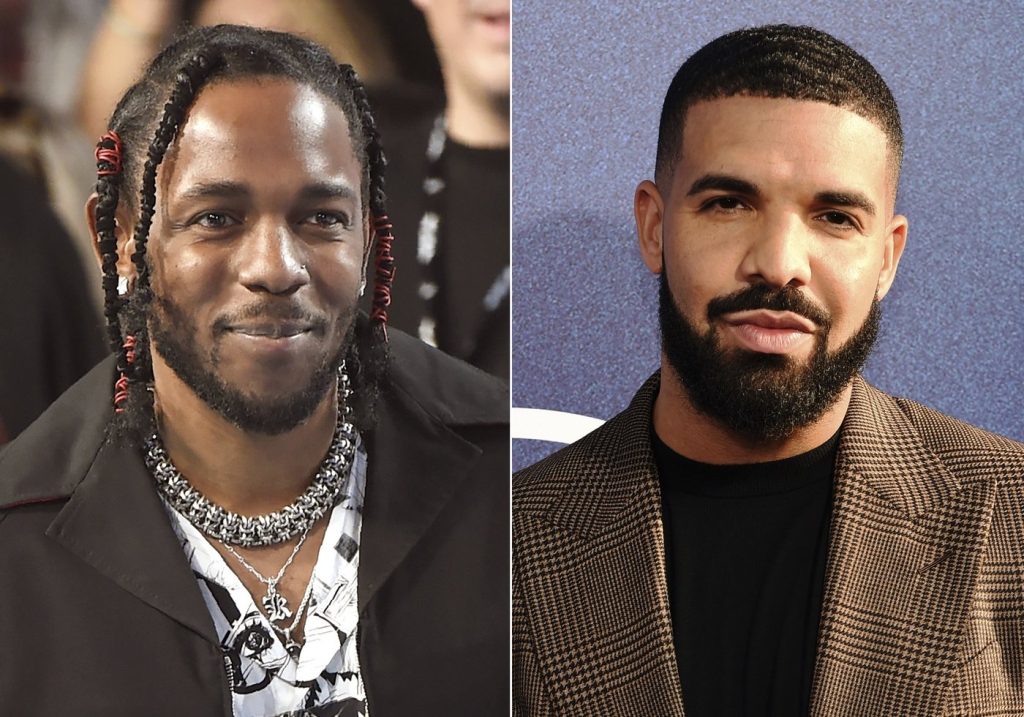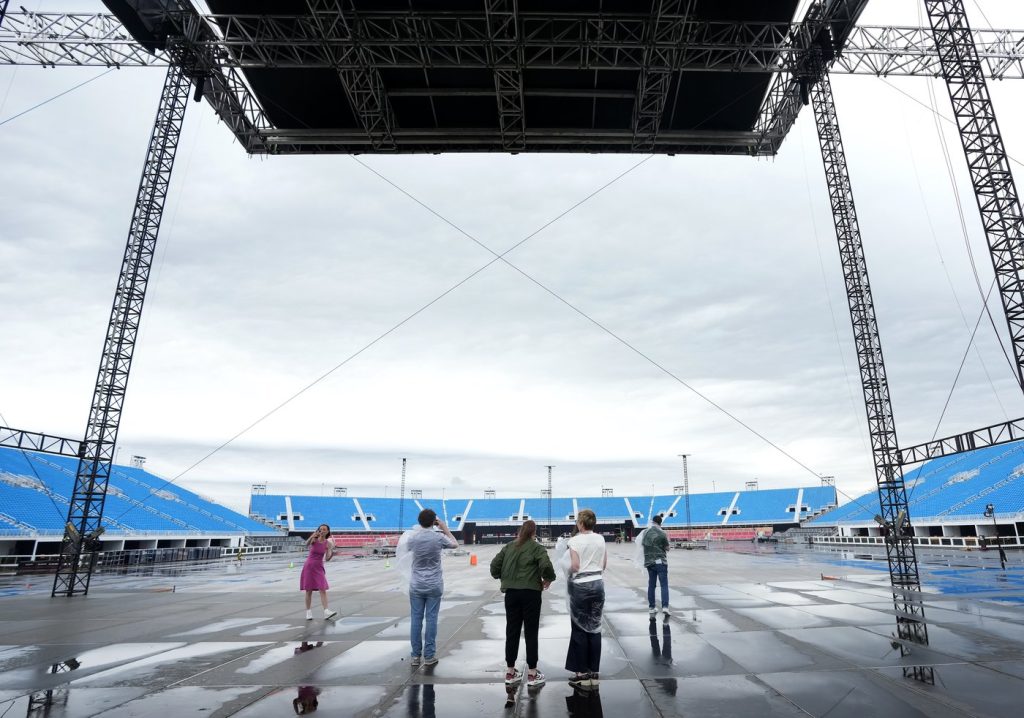NEW YORK (AP) – A significant federal case is unfolding concerning the nature of rap battles, sparked by Kendrick Lamar’s hit diss track “Not Like Us.” This song has led to a defamation lawsuit filed by fellow music superstar Drake against Universal Music Group (UMG), the record label for both artists. Drake claims that the publication and promotion of the track are slanderous and harmful to his reputation.
In the latest developments, U.S. District Judge Jeannette Vargas is deliberating on whether to dismiss the case after a spirited court session. The hearing highlighted the clash between the raw creativity of hip-hop culture and the procedural norms of federal court. Vargas raised questions about how the "ordinary listener" perceives the song, indicating the difficulties in interpreting complex lyrics filled with cultural references and nuanced meanings.
Drake’s lawsuit alleges that UMG published slanderous content and seeks unspecified damages, arguing that “Not Like Us” falsely characterizes him as a sex offender involved in inappropriate acts. Asserting that the song could expose him to public threats, Drake claims it contributed to a series of attempted break-ins and an incident where a security guard was shot at his Toronto residence, which is featured as the setting in the song's cover art.
The track gained immense popularity and cultural relevance, achieving record-breaking streams and winning both the “Record of the Year” and “Song of the Year” at the Grammy Awards. It was released amidst an ongoing feud between Lamar and Drake, featuring intense lyrical exchanges. Lamar's lyrics directly criticize Drake, calling him a “colonizer” of the rap culture and challenging his authenticity as an artist. The implications regarding Drake's personal life, particularly relating to his dating preferences, further fuel the controversy.
Drake's lawyer, Michael Gottlieb, emphasized during the hearing the widespread impact of the song, suggesting that it resonates beyond hip-hop aficionados—pointing to younger listeners who might be exposed to its lyrics in various social settings, including bar mitzvahs. Judge Vargas responded with humor about the atypical nature of such celebrations featuring the song.
In a defense of the song, UMG's attorney, Rollin Ransom, highlighted the context of lyrical rivalries in rap music, arguing that the lyrics should not be interpreted as truthful statements but rather as part of the artistic expression common in rap battles. He further recited some of the more colorful lyrics Drake directed at Lamar in another track called “Taylor Made Freestyle,” acknowledging their provocative nature.
Drake's legal battles do not stop with UMG, as he has also targeted iHeartMedia, alleging that the radio company received illegal payments from UMG to increase airplay for “Not Like Us.” However, iHeartMedia has denied any wrongdoing, and that dispute was settled earlier in March.
As this case evolves, the implications for artistic expression in music and the boundaries of satire and hyperbole in lyrics are under scrutiny, particularly as they apply within legal frameworks. Drake has not directly sued Kendrick Lamar, opting instead to focus on the record label and related entities. The outcome of this lawsuit could set a significant precedent for future disputes in the realm of musical artistry and defamation.












